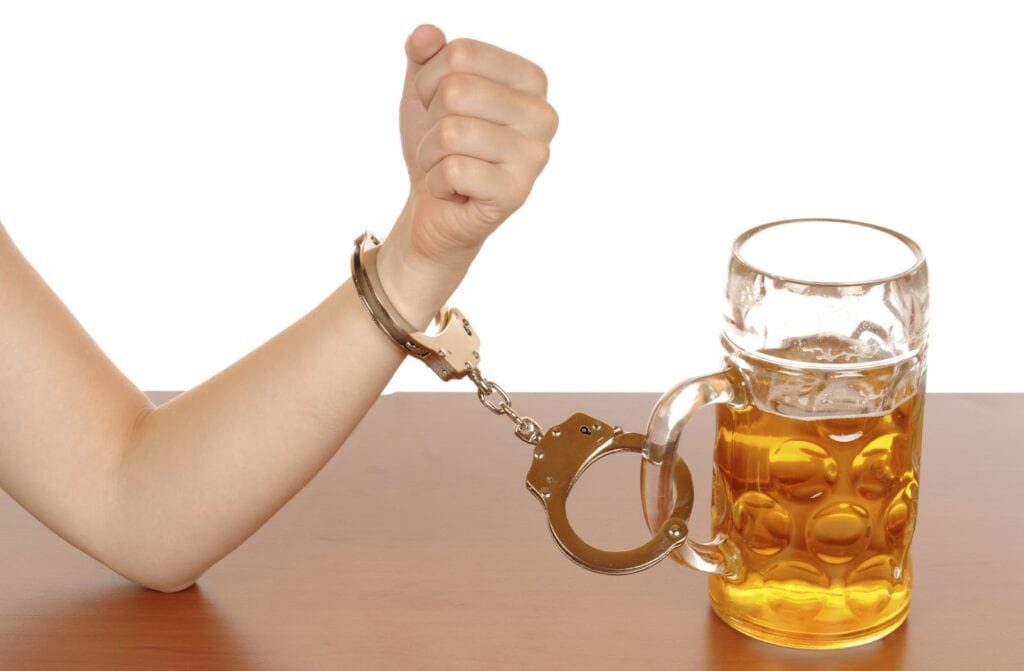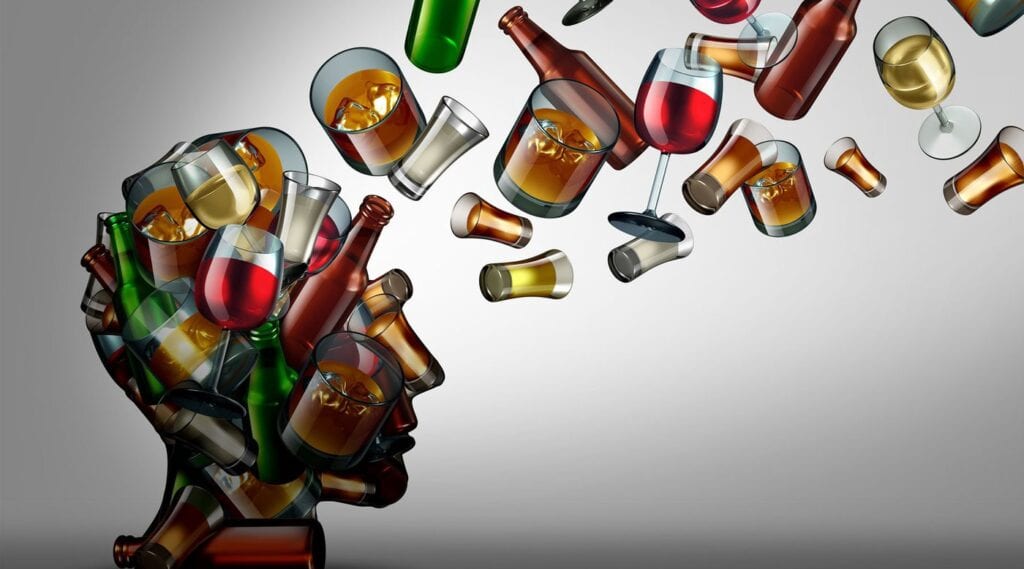Alcohol Consumption

According to the National Institute on Alcohol abuse and Alcoholism, about 17 million American adults have alcohol use disorders, another 855,000 Americans from age 12-17 have alcohol use disorders. Alcohol consumption largely depends on your age, gender, residential neighborhood, associations, socioeconomic status, and influencers. In the United States, better education and economically stable individuals are more likely to be the drinkers than poor, although the poor people who drink are most likely to be heavy drinkers. Alcohol is generally considered detrimental, but the vast majority of drinkers with moderate and occasional or cultural use of Alcoholics are usually overlooked. The problem arises with the exceptional drinkers who fall in the category of heavy drinkers, troubled drinkers or alcoholics, or people who suffer from alcohol use disorders.
Path to Alcoholism – Know when you need help 
Alcoholism doesn’t start overnight; it builds up with the excessive and abusive use of alcohol in the long term. Moderate drinking never causes concern, but as drinking gets excessive, and it starts interfering with your personal and social life and becomes harmful for you and others around you, that is when the concern starts. Here are a few stages of alcoholism to guide you and better understand that at what stage of alcoholism you are at and whether you should be concerned or not.
Experimental Drinking

Experimental drinking starts with occasional abuse or excessive drinking in a short period. This is usually the first stage of alcoholism where the drinkers experiment with excessive drinking to try different kinds of alcohol. This experimental drinking is usually common in young adults. These experimental drinkers may drink occasionally, but they drink excessively at one time. For men drinking 5 or 6 beverages in two hours, and for women, drinking 4 or 5 beverages in two hours is considered binge drinking, and these episodes keep on increasing once you start feeling so good about drinking.
Frequent Drinking

From experimental drinking, when alcohol consumption becomes more frequent, the drinking increases, and you may find yourself drinking in a few months to a few days, usually on weekends. You start drinking now out of boredom, to alleviate stress, to uplift your mood, and find an excuse for a way to drink. Here it is to differentiate between moderate drinkers and regular drinkers. Moderate drinkers usually drink in moderation with some meal on the weekend basis, but regular drinkers usually just drink alone to feel good and start drinking increasingly.
Problem Drinking

With you starting to drink increasingly, you become more dependent on alcohol, and your risk of developing alcoholism starts at this stage. Problem drinkers are usually associated with drinking that becomes their habit. You start experiencing sleep trouble, restlessness, and anxiousness in addition to feeling so good while drinking that you ignore other symptoms. With your habitual drinking pattern, you start having trouble in your relationships, legal issues, and less social interaction.
Alcohol dependence

After problem drinking, now you become completely dependent on drinking that you no longer have control over your consumption and u need to feel good all the time as your body tolerance level increases, you need to drink more to get drunk. You start experiencing withdrawal symptoms like disturbed sleeping patterns, irritability, racing heart, sweating, body tremors, nausea, and vomiting.
Alcohol addiction/Alcoholism

The final stage is now alcohol addiction, where you no longer drink just for your pleasure, but you have to drink now because your body and mind are craving it. You become psychologically and physiologically dependent on alcohol or maybe other drugs. You start showing compulsive behaviors and drink whenever and wherever.
Though every stage of alcoholism is problematic and alcohol consumption is not at all healthy and causes severe damage to your body and mind. Only drinking moderately is considered safe. If you find yourself even at the start stage of drinking more than the safe amount, seeking help at an early stage is beneficial and will save you from a troubled and unhealthy life. And if you have already reached the later stages, no worries, it’s never too late to start again and seek help as soon as you have even thought about what you want to get better. For your help, different health and medical professionals are working at rehabilitation and detox centers to help you lead a healthy life.
Alcoholism Treatment at rehabilitation Centres

As for detoxing off alcohol, the experience may be unpleasant and with severe withdrawal symptoms, even more difficult. According to Get Sunset, alcohol abuse and addiction may stem from various reasons like genetics, trauma, and co-occurring disorders like depression and anxiety, so going into the roots of alcoholism is important to treat you. For that purpose, seeking help from a medical and health care professional is the best option for you. At rehabilitation centers, there are different treatment options for you;
Inpatient Treatment
The inpatient treatment requires the person to be admitted to the rehabilitation center. You are provided with the room, food, nursing care, and different therapies, including individual and group therapies and full health evaluation. The environment is alcohol-free, and there are no temptations at all so that you can fully focus on your recovery. Recovery programs last from days to months, depending on your severity of alcohol abuse and addiction.
Outpatient Treatment
If you are in the early stages of addiction and are a busy person, you can opt for outpatient treatment, or because of any reason you can not take inpatient treatment, outpatient treatment is a healthy option for you. Outpatient treatment provides the same treatment as an inpatient, but you just have to make appointments a few days a week to the alcohol outpatient facility.
Sober Living

After your alcoholism treatment, you can choose to stay in over living hoe switch other people going through the Sam recovery process. Sober living is the best way to take a step closer to the day to day sober life while continuing with other activities.
Aftercare
Aftercare is the program developed by the rehabilitation centers to help you maintain long term sobriety. They provide a supportive atmosphere and step work for you to keep a sober and healthy life. Browse this website for more details.
 Imagup General Magazine 2024
Imagup General Magazine 2024


